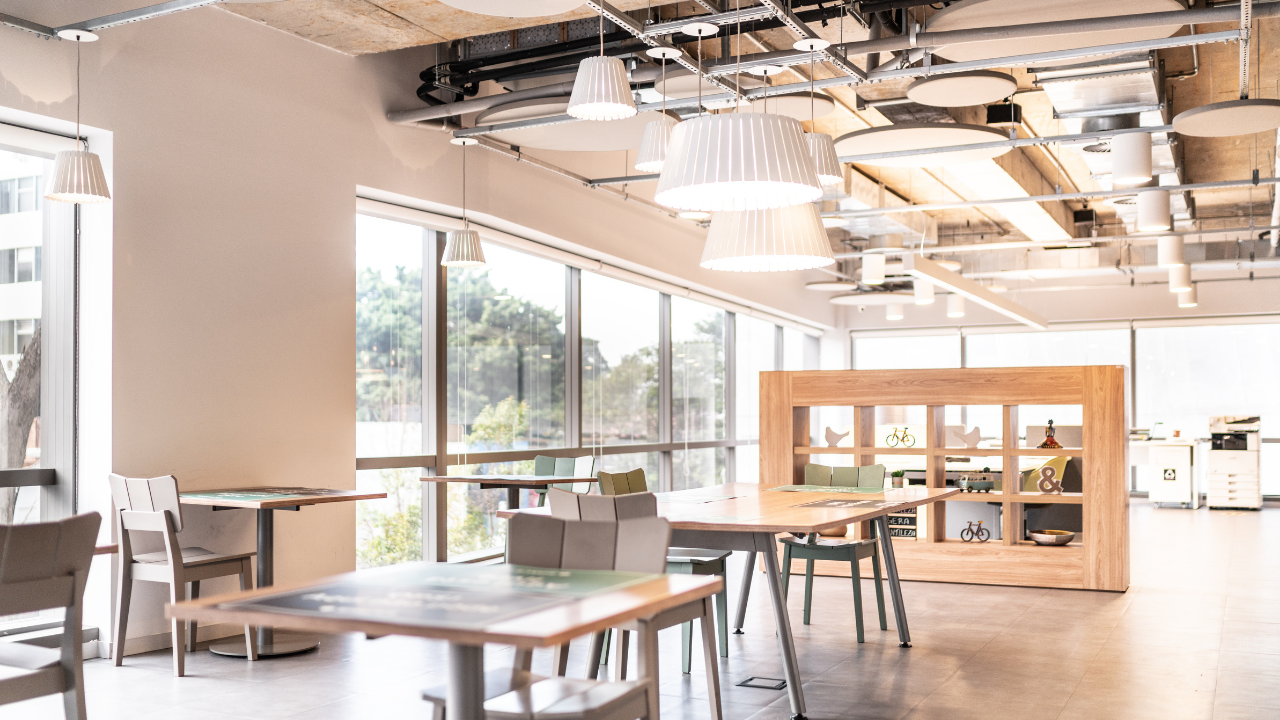The biggest takeaway of the past year is that many professionals can work from virtually anywhere. Whether it’s your home, a coffee shop or a flexible workspace, traveling to your company’s office tower in the city isn’t necessary for all.
This has led many organizations to cut down on their real estate footprint and accommodate more flexible working arrangements for the future. A survey from Accenture ACN found that 79% of 9,650 respondents across 19 countries do not want to return to the office.
However, this does not indicate that they wish to work from home forever. Instead, employees want a “third space” that is outside of their home and the office. Even more, over half said they would be willing to pay up to $100 per month to work from a café, hotel or other alternative workspace
“This is not just about office-based workers,” said Oliver Wright, Global Head of Consumer Goods for Accenture. “Consumer industry leaders are increasingly having conversations about distributed manufacturing models, where individual workers are spread across multiple locations, facilitated by remote monitoring and management.”
While it is clear that many organizations are looking towards adopting this hybrid model, the outcome of this transition is still uncertain. Still, it is likely that employees working for large tech companies could move outside of the expensive Bay Area and to secondary cities or the suburbs instead.
Not only can employees have more freedom in where they work from, but employers will also be able to broaden their talent pool by tapping into various geographical regions to find the best potential workers.



 Dr. Gleb Tsipursky – The Office Whisperer
Dr. Gleb Tsipursky – The Office Whisperer Nirit Cohen – WorkFutures
Nirit Cohen – WorkFutures Angela Howard – Culture Expert
Angela Howard – Culture Expert Drew Jones – Design & Innovation
Drew Jones – Design & Innovation Jonathan Price – CRE & Flex Expert
Jonathan Price – CRE & Flex Expert











